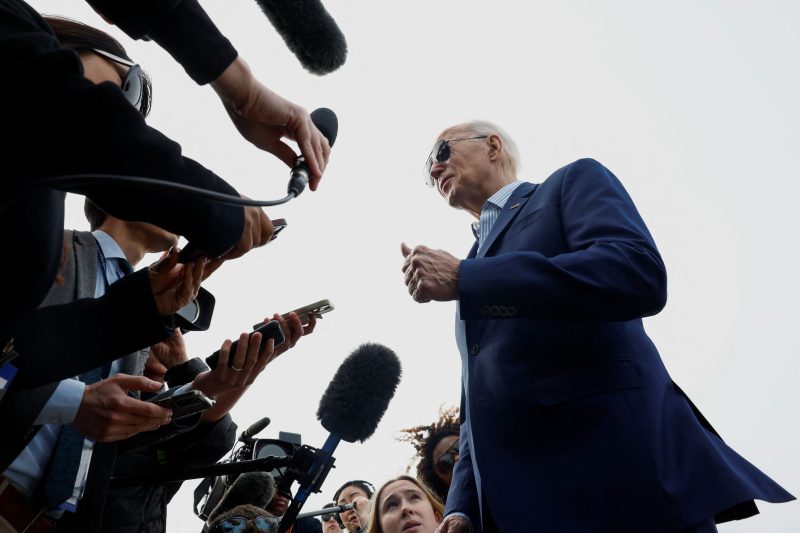The recent headlines have been buzzing with news regarding President Joe Biden’s stance on potentially banning the popular social media app TikTok in the United States. This comes amidst concerns over data privacy and security issues, particularly with regards to the app’s Chinese-owned parent company, ByteDance.
President Biden has expressed his willingness to sign a bill that could ban TikTok if it is passed by Congress. This statement has sparked debates and discussions among lawmakers, tech experts, and the general public about the implications of such a ban and the broader issues surrounding data privacy and national security.
One of the key drivers behind the push to ban TikTok is the concern that the app could be collecting sensitive user data and sharing it with the Chinese government. This has raised alarms in Washington, especially in light of the escalating tensions between the US and China on various geopolitical fronts.
ByteDance, TikTok’s parent company, has repeatedly denied these allegations and has taken steps to allay concerns by enhancing its data security measures and distancing itself from its Chinese roots. However, skepticism remains, fueling calls for stricter regulation or an outright ban on the app in the US.
The potential ban of TikTok raises important questions about the balance between national security interests and the free flow of information on the internet. While it is crucial to protect user data and prevent any unwarranted government surveillance, a blanket ban on a popular app like TikTok could have significant implications for freedom of expression and the digital economy.
Moreover, there are concerns about the precedent such a ban could set for other tech companies operating in the US. If TikTok were to be banned, it could open the door for similar actions against other apps and platforms that are perceived as potential security risks, leading to a fragmented and heavily regulated digital landscape.
At the same time, the Biden administration’s willingness to consider a ban on TikTok underscores the gravity of the data privacy and security issues at hand. It sends a strong message to tech companies that they must prioritize the protection of user data and comply with rigorous security standards to operate in the US market.
Ultimately, the decision on whether to ban TikTok will be a complex and multifaceted one, requiring careful consideration of national security concerns, data privacy implications, and the broader implications for the digital economy. As the debate unfolds in Congress, one thing is clear: the future of TikTok in the US hangs in the balance, with far-reaching consequences for the tech industry and the online community as a whole.
